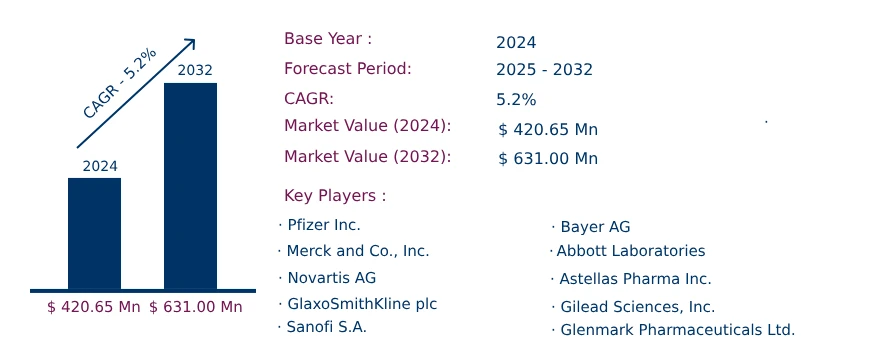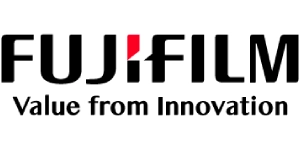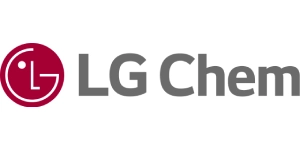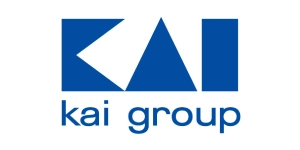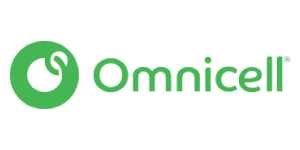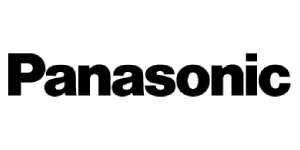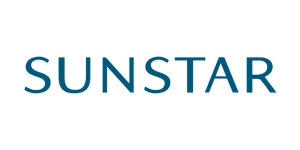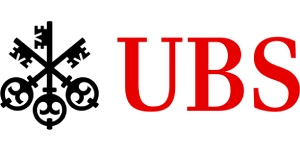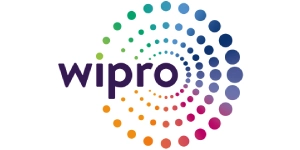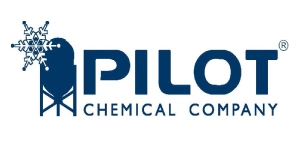Global Fungal Endocarditis Market to Reach USD 631.00 Million by 2032 | CAGR of 5.2%
Category : Pharmaceuticals | Published Date : Jan 2025 | Type : Press Release
Fungal Endocarditis Market Scope & Overview:
In the newly published report, Consegic Business Intelligence states that the Fungal Endocarditis Market was valued at USD 420.65 million in 2024 and is projected to grow at a CAGR of 5.2%, reaching USD 631.00 million by 2032. Fungal endocarditis involves the diagnosis, treatment, and management of severe fungal infections affecting the heart's inner lining or valves. Key causative agents include Candida and Aspergillus species. The market includes antifungal drugs, diagnostic tools, and surgical interventions aimed at improving survival rates and patient outcomes.
The report comprises the Fungal Endocarditis Market Share, Size & Industry Analysis, based on Type (Candida Endocarditis, Aspergillus Endocarditis, Histoplasma Endocarditis, Others), Diagnosis (Blood Cultures, Echocardiography, Polymerase Chain Reaction [PCR] Tests, Serology Tests, Others), Treatment (Antifungal Medications, Surgical Intervention, Combination Therapy), End-Use (Hospitals, Specialty Clinics, Ambulatory Surgical Centers, Research Institutes), and Region (North America, Europe, Asia-Pacific, Middle East & Africa, Latin America), and Forecast, 2025-2032.
The report contains detailed information on Fungal Endocarditis Market Trends, Opportunities, Value, Growth Rate, Segmentation, Geographical Coverage, Company Profiles, In-depth Expert Analysis, Revenue Forecast, Competitive Landscape, Growth Factors, Restraints or Challenges, Environment & Regulatory Landscape, PESTLE Analysis, PORTER Analysis, Key Technology Landscape, Value Chain Analysis, and Cost Analysis.
The increasing prevalence of immunocompromised conditions and advancements in antifungal therapies drive market growth, while diagnostic challenges hinder widespread adoption.
Segmental Analysis :
Based on type, the market is segmented into Candida Endocarditis, Aspergillus Endocarditis, Histoplasma Endocarditis, and Others.
- The Candida Endocarditis segment accounted for the largest market share of 48.60% in 2024, driven by its high prevalence among immunocompromised patients and advancements in antifungal medications such as echinocandins.
- The Aspergillus Endocarditis segment is anticipated to grow at the fastest CAGR, fueled by increasing adoption of advanced diagnostic tools and innovative antifungal therapies.
Based on diagnosis, the market is segmented into Blood Cultures, Echocardiography, Polymerase Chain Reaction (PCR) Tests, Serology Tests, and Others.
- The Blood Cultures segment dominated the market in 2024 due to its widespread use as the gold standard for fungal pathogen identification in clinical settings.
- The PCR Tests segment is projected to grow at the fastest rate, supported by advancements in molecular diagnostic techniques offering rapid and precise identification of fungal DNA.
Based on treatment, the market is segmented into Antifungal Medications, Surgical Intervention, and Combination Therapy.
- The Antifungal Medications segment held the largest share in 2024, driven by the increasing use of amphotericin B and azoles in treating severe fungal infections.
- The Combination Therapy segment is expected to grow at the fastest CAGR, supported by its effectiveness in managing complex cases involving prosthetic valves.
Based on end-use, the market is segmented into Hospitals, Specialty Clinics, Ambulatory Surgical Centers, and Research Institutes.
- The Hospitals segment accounted for the largest revenue share in 2024, supported by the availability of skilled professionals and advanced diagnostic tools for managing fungal endocarditis.
- The Specialty Clinics segment is anticipated to grow at the fastest rate, driven by the rising adoption of outpatient care and advanced diagnostic options.
Based on regions, the market is segmented into North America, Europe, Asia-Pacific, Middle East & Africa, and Latin America.
- North America: Dominated the market with a valuation of USD 139.53 million in 2024, driven by advanced healthcare infrastructure and increasing awareness of fungal infections.
- Asia-Pacific: Expected to grow at the fastest CAGR of 5.6%, supported by rising healthcare investments and the growing prevalence of fungal infections in China, India, and Japan.
| Report Attributes | Report Details |
| Study Timeline | 2019-2032 |
| Market Size in 2032 | USD 631.00 Million |
| CAGR (2025-2032) | 5.2% |
| Type | Candida Endocarditis, Aspergillus Endocarditis, Histoplasma Endocarditis, Others |
| Diagnosis | Blood Cultures, Echocardiography, PCR Tests, Serology Tests, Others |
| Treatment | Antifungal Medications, Surgical Intervention, Combination Therapy |
| End-Use | Hospitals, Specialty Clinics, Ambulatory Surgical Centers, Research Institutes |
| By Region | North America(U.S., Canada, Mexico) Europe(U.K., Germany, France, Spain, Italy, Russia, Benelux, Rest of Europe) APAC(China, South Korea, Japan, India, Australia, ASEAN, Rest of Asia-Pacific) Middle East & Africa(GCC, Turkey, South Africa, Rest of MEA) LATAM(Brazil, Argentina, Chile, Rest of LATAM) |
Top Key Players & Competitive Landscape :
The competitive landscape encompasses major innovators, aftermarket service providers, industry giants, and niche players, all of which are thoroughly examined by Consegic Business Intelligence in terms of their strengths, weaknesses, and value-addition potential. This report includes detailed profiles of key players, market share analysis, mergers and acquisitions, resulting market fragmentation, and emerging partnership trends and dynamics.
List of prominent players in the Fungal Endocarditis Industry:
- Pfizer Inc. (USA)
- Merck & Co., Inc. (USA)
- Novartis AG (Switzerland)
- GlaxoSmithKline plc (UK)
- Sanofi S.A. (France)
- Bayer AG (Germany)
- Abbott Laboratories (USA)
- Astellas Pharma Inc. (Japan)
- Gilead Sciences, Inc. (USA)
- Glenmark Pharmaceuticals Ltd. (India)
Recent Industry Developments :
- April 2024: Merck & Co., Inc. reported positive Phase 3 results for V116, a 21-valent pneumococcal conjugate vaccine, showing potential for enhanced protection against fungal infections.
